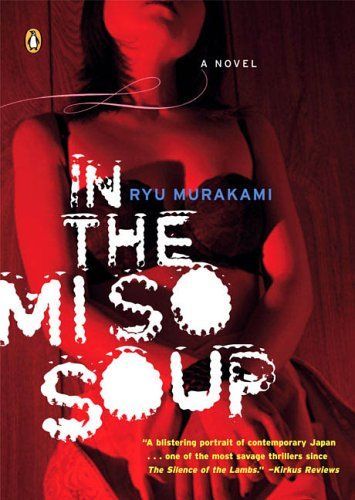Reviews
nina @lilacsunwoo
ayoni@ayoni
𓆏@saltyraindrops
azaria@skoottaa
Aris @aris_stocratic
Joana Duarte@judart
Ghofran Mustafa @ghfooo
Ryan Mateyk@the_rybrary
moira@paramoir
tori 👻@persefonitas
Demon@theangelssing
JoAnna@lilipuddingdog
ryn@sillymerricat
Jehan Chawla@jehan
jess larry@hijess
Rose@arrbeelibrary
Chaku Dranzer@chaku
Kwan Ann Tan@kwananntan
High Fidelity@highfidelity
Iris Emily@desirepath
Leila Jade@fennec01
Ashlyn@demonxore
Kayleigh hughes@kdiz
ki@strawbearki
